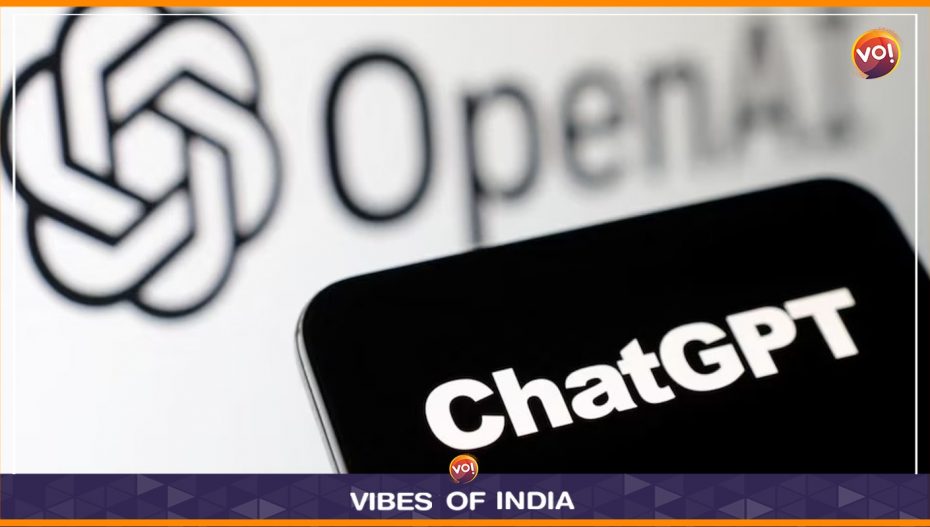The Central Board of Secondary Education (CBSE) is the latest educational establishment to officially ban the use of ChatGPT. It has already been banned in some public schools in New York City and Seattle, French University Sciences Po and at Bengaluru University.
ChatGPT is a language model developed by OpenAI, one of the leading companies in artificial intelligence research. The model is based on a neural network architecture called a transformer, which allows it to generate human-like responses to natural language inputs.
According to the latest instructions issued by the Board ahead of the examinations, “Mobile, ChatGPT and other electronic items will not be allowed in examination hall.”
While ChatGPT cannot search the internet, it is based on a huge language model which the students might be able to take advantage of with the right prompts. One of the unique features of ChatGPT is its ability to generate coherent and contextually relevant responses to open-ended questions. It can also be used for a variety of other tasks, including language translation, summarization, and even text completion. For example, if you give ChatGPT a prompt like “Once upon a time,” it will generate a complete story based on that prompt.
“Students are not allowed to carry any electronic devices inside the exam centre. This includes using device to access ChatGPT so that unfair means is not used,” a senior board official said.
The GPT in ChatGPT stands for “Generative Pre-trained Transformer”, which means that the model was pre-trained on a vast corpus of text data before being fine-tuned on specific tasks. This pre-training phase is essential to the model’s success because it enables it to learn the underlying patterns and structures of language.
The model’s capabilities are impressive, but it’s not perfect. Like all language models, ChatGPT can generate biased or inappropriate responses if it’s trained on biased or inappropriate data.
Also Read: Kankaria Zoo To Get Two Tigresses From Aurangabad












